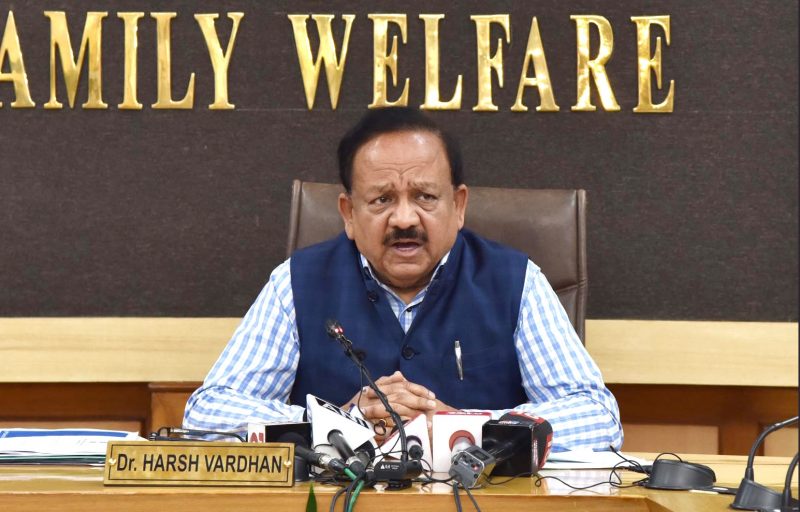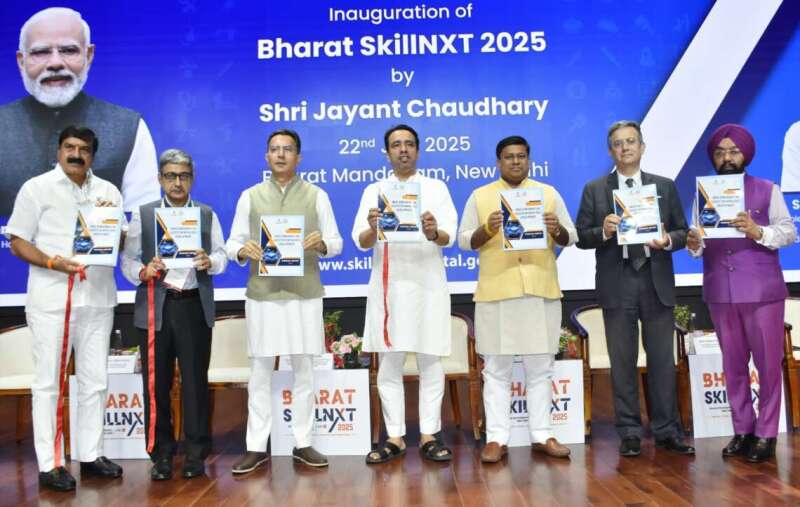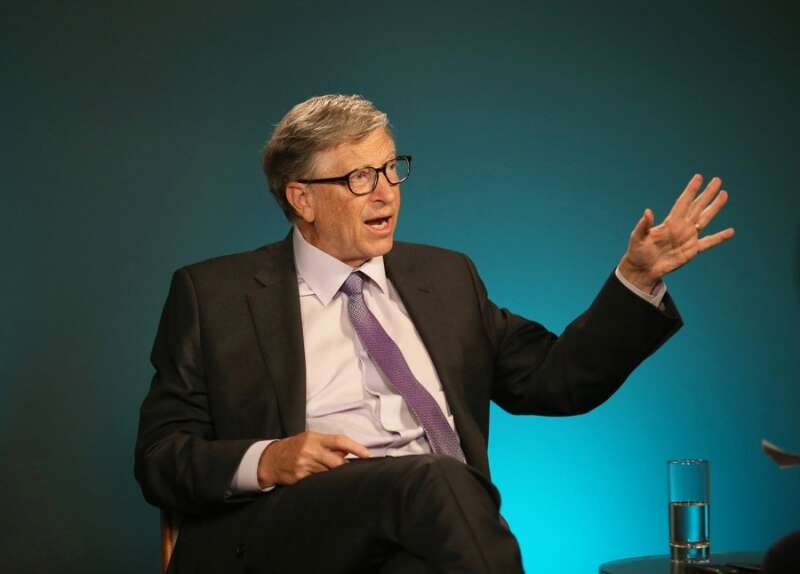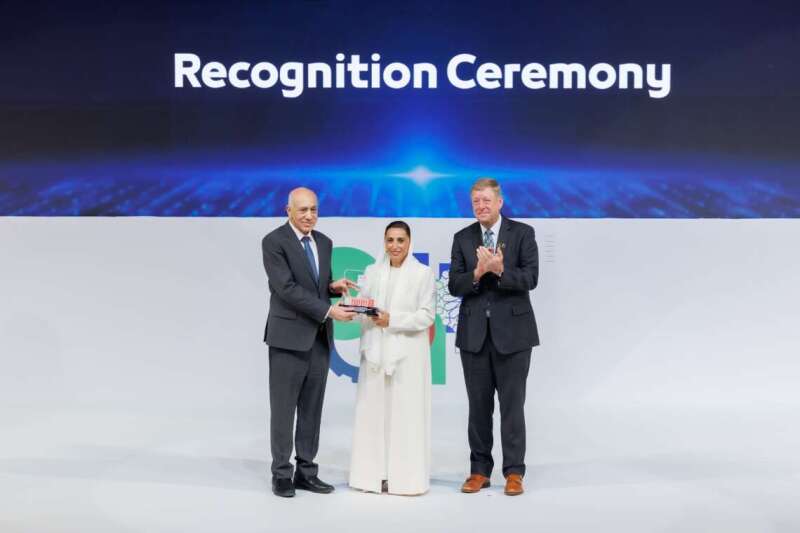https://www.youtube.com/watch?v=JR15lY2FbLM
South Korean tech giant Samsung has started working on the sixth next-generation cellular technology and it expects completion of the 6G standard and its earliest commercialisation date could be as early as 2028.
Mass commercialisation of 6G may occur around 2030, Samsung said on Tuesday, adding that both humans and machines will be the main users of 6G.
Samsung, which released a white paper entitled “The Next Hyper-Connected Experience for All,” said 6G will be characterised by the provision of advanced services such as truly immersive extended reality (XR), high-fidelity mobile hologram and digital replica.
The development comes even as the world is still far from realising the full potential of the fifth generation cellular technology, commonly known as 5G.
Samsung said its vision for 6G is to bring the next hyper-connected experience to every corner of life.

To accelerate research for 6G, Samsung Research, the advanced R&D hub within Samsung Electronics’ SET Business, founded its Advanced Communications Research Center in May of last year.
“While 5G commercialisation is still in its initial stage, it’s never too early to start preparing for 6G because it typically takes around 10 years from the start of research to commercialization of a new generation of communications technology,” Sunghyun Choi, Head of the Advanced Communications Research Center, said in a statement.
“We’ve already launched the research and development of 6G technologies by building upon the experience and ability we have accumulated from working on multiple generations of communications technology, including 5G.
“Going forward, we are committed to leading the standardization of 6G in collaboration with various stakeholders across industry, academia and government fields,” Choi said.
Whereas 5G requirements mainly focused on performance aspects, Samsung defines three categories of requirements that have to be met to realize 6G services – performance, architectural and trustworthiness requirements.

Examples of 6G performance requirements are a peak data rate of 1,000 Gbps (gigabits per second) and air latency less than 100 microseconds, 50 times the peak data rate and one-tenth the latency of 5G, Samsung said.
The architectural requirements of 6G include resolving the issues arising from the limited computation capability of mobile devices as well as implementing AI right from the initial phase of technology development and enabling the flexible integration of new network entities.
The trustworthiness requirement addresses the security and privacy issues arising from the widespread use of user data and Artificial Intelligence technologies.
The Samsung white paper also introduces candidate technologies that could be essential to satisfy the requirements for 6G.
These include the use of the terahertz (THz) frequency band, novel antenna technologies to enhance the coverage of high-frequency band signals, advanced duplex technologies, the evolution of network topology, spectrum sharing to increase the efficiency of frequency utilisation and the use of AI in wireless communications.









